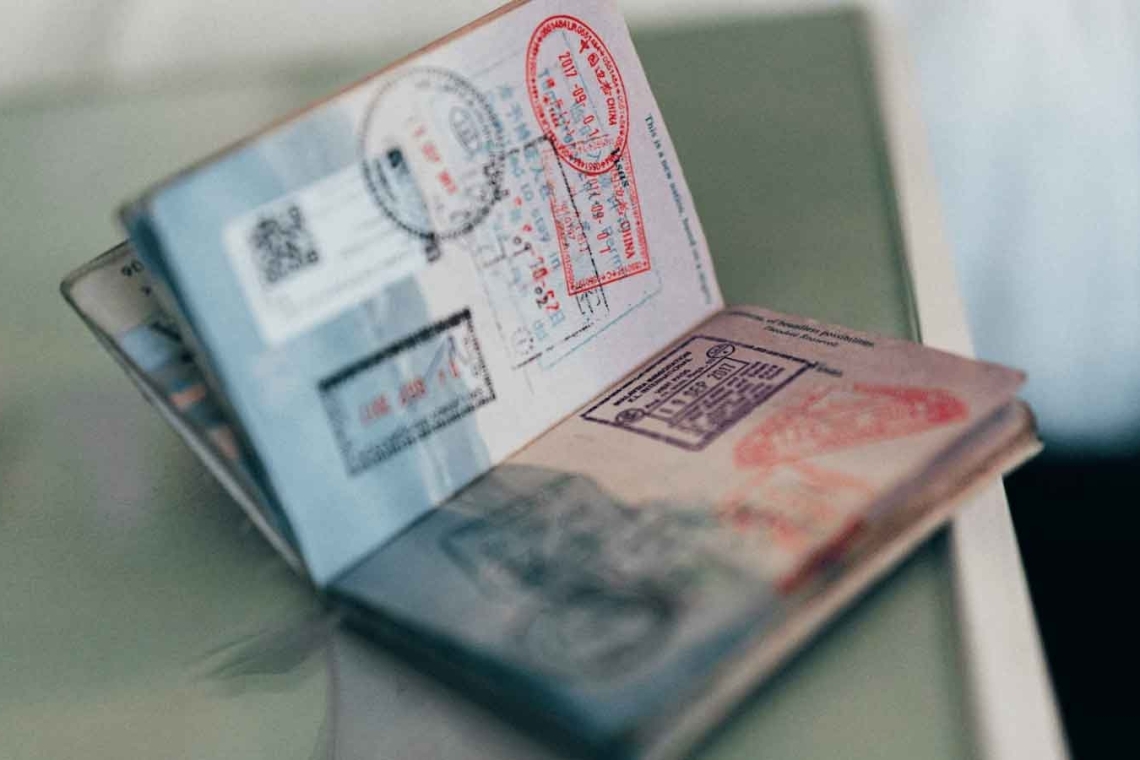The landmark decision follows a similar ruling last week concerning human rights advocate Nurcan Kaya, emphasizing the court's increasing scrutiny of restrictions on freedom of expression
MLSA - In a landmark decision, the Constitutional Court of Turkey ruled that a travel ban imposed on a civil society worker for a social media post was not compatible with a democratic society and constituted an intrusion into personal life. The ruling ordered the government to pay 30,000 Turkish Liras in damages for the unjust seizure of the individual's passport during the trial. This decision follows a similar ruling last week concerning human rights advocate Nurcan Kaya, emphasizing the court's increasing scrutiny of restrictions on freedom of expression.
The case dates back to 2018 when the civil society worker was investigated and later tried for insulting the President via a tweet. The Istanbul 7th Penal Court of Peace had imposed judicial control measures, including a travel ban and the obligation to sign at a police station regularly. The recent decision marks the second time in two weeks that the Media and Law Studies Association (MLSA) has successfully challenged such measures.
Veysel Ok, Co-Director of MLSA, commented on the decisions, stressing that judicial authorities must provide detailed reasons for imposing judicial control measures and consider alternatives. The imposition of numerous groundless judicial controls, leading to compensation paid by taxpayers, highlights the need for greater caution and clarity in these decisions.
The trial resulted in the defendant receiving a suspended sentence of 11 months and 20 days for insulting the President. The court observed that the travel ban severely impacted the defendant's personal and family life, as frequent international travel was necessary for work. The Penal Courts of Peace had failed to discuss the reasons for imposing the travel ban or its potential benefits to the investigation or prosecution.
Furthermore, the Constitutional Court noted that the travel ban's imposition was ineffective, as the defendant's defense could have been obtained abroad due to the individual's international profile and Turkey's extensive legal cooperation with other countries. The court ultimately found that the travel ban violated the right to respect for private life as outlined in Article 20 of the Constitution, due to the lack of sufficient justification by the judicial authorities.



